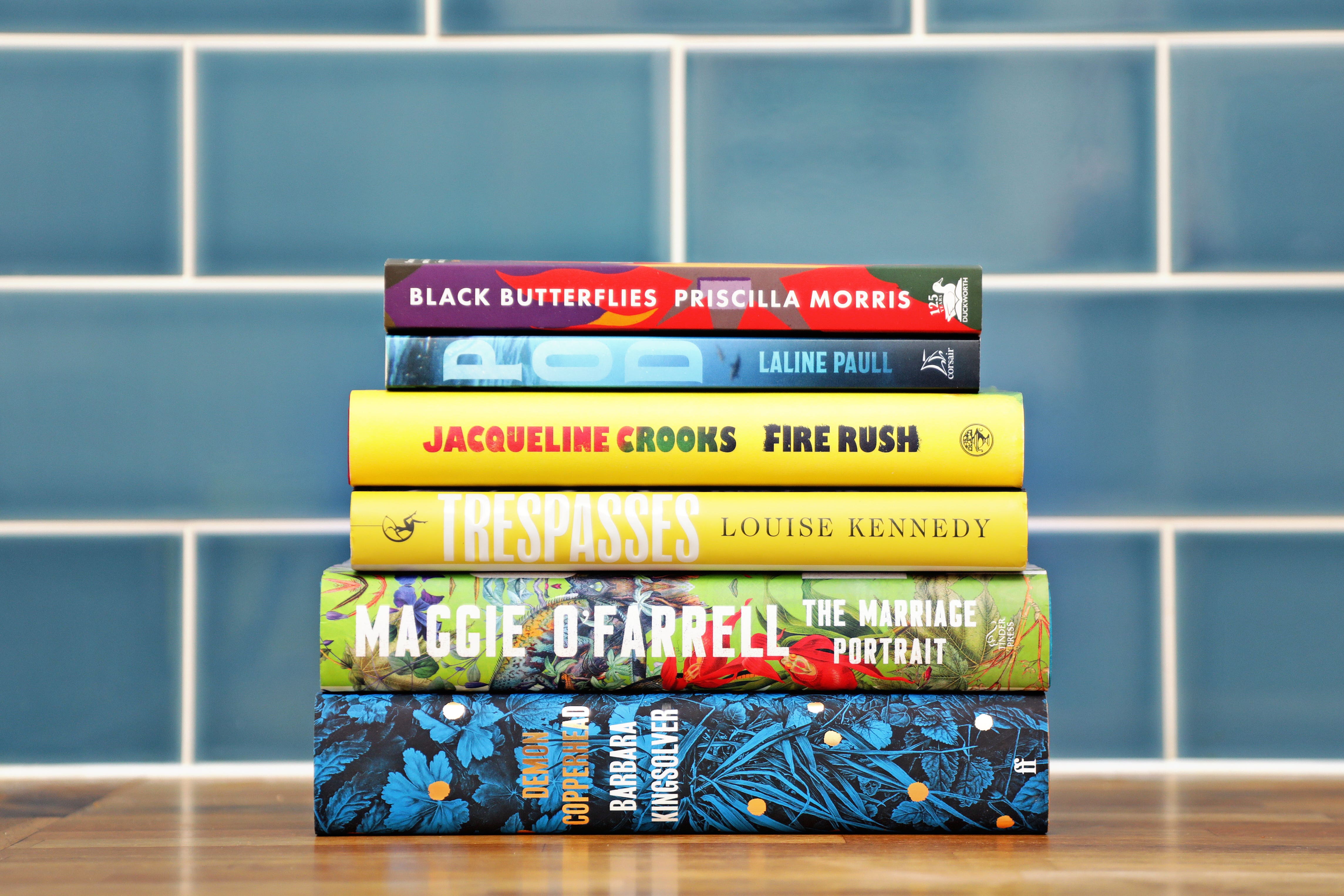Women’s Prize for Fiction: More than half of shortlist recognises works by older debut novelists
Priscilla Morris, whose book tackles the Siege of Sarajevo, is the youngest shortlisted author at 49

Your support helps us to tell the story
From reproductive rights to climate change to Big Tech, The Independent is on the ground when the story is developing. Whether it's investigating the financials of Elon Musk's pro-Trump PAC or producing our latest documentary, 'The A Word', which shines a light on the American women fighting for reproductive rights, we know how important it is to parse out the facts from the messaging.
At such a critical moment in US history, we need reporters on the ground. Your donation allows us to keep sending journalists to speak to both sides of the story.
The Independent is trusted by Americans across the entire political spectrum. And unlike many other quality news outlets, we choose not to lock Americans out of our reporting and analysis with paywalls. We believe quality journalism should be available to everyone, paid for by those who can afford it.
Your support makes all the difference.This year’s Women’s Prize for Fiction has put the spotlight on older debut novelists, who account for more than half of the 2023 shortlist.
Judges said they were “blown away” by the quality of writing among the contenders, with established writers such as Maggie O’Farrell (The Marriage Portrait) and Barbara Kingsolver (Demon Copperhead) up against newcomers including Jacqueline Crooks (Fire Rush) and Louise Kennedy (Trespasses).
The list of six works of fiction is completed with Pod, by Laline Paull, and Black Butterflies by Priscilla Morris.
Kingsolver is the oldest author on the list, at 68, while three writers after in their fifties, and another two are in their sixties.
Louise Minchin, chairwoman of the judging panel, said the life experience of each first-time novelist is evident in their “exquisitely written” works.
“As an older writer I just think ‘Wow, that is just incredible’’,” the 54-year-old broadcaster and writer told the PA news agency.
“It could have gone either way but we should be celebrating writers of all ages and not discriminating against either younger or older writers.”
Minchin said it was obvious how much “life experience” went into the novels to create their “texture”.
“You can tell in some ways that they have been working on this for a long time because it’s so accomplished, it’s so exquisitely written,” she added.
Three of the novels capture turbulent moments in modern history – the Troubles in Northern Ireland (1975) in Kennedy’s Trespasses, the Southall riots (1979) in Crooks’ Fire Rush, and the Siege of Sarajevo (1992–96) in Morris’s Black Butterflies.
Minchin said that the works were “hugely ambitious” and described the mix as “brilliantly eclectic”, with the writing both “hard-hitting” and “accomplished”.
“For me, the theme that comes through them all is that they are an emotional rollercoaster in some way,” she said.
“They’re very engaging. I think they are important books and they really left me affected by the end of it, really touched by some of them, and moved by some of them.”
The broadcaster is joined on the judging panel by novelist Rachel Joyce, journalist and writer Bella Mackie, novelist and short story writer Irenosen Okojie, and Labour MP Tulip Siddiq.
The 2023 Women’s Prize for Fiction will be awarded on Wednesday 14 June at the Women’s Prize Trust’s Summer Party in central London.
The winner will receive an anonymously endowed cheque for £30,000 and a bronze figurine, known as a Bessie, created and donated by artist Grizel Niven.
Additional reporting by Press Association


